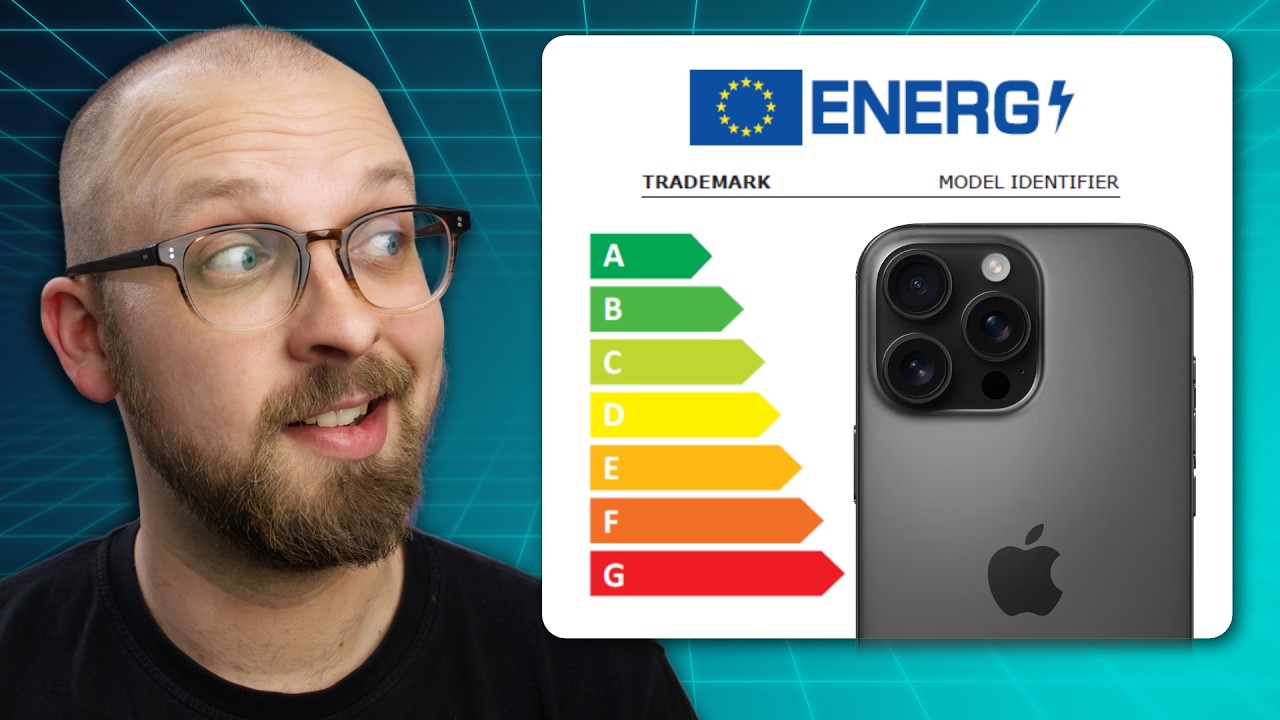The European Union will require standardized nutrition labels on smartphones and tablets starting June 20, 2025, providing consumers with essential information about battery life, repairability, and durability. Meanwhile, advancements in smartphone battery capacities are emerging in China, and significant developments in the tech industry include potential changes to Google’s Chrome, new product releases from Motorola and OnePlus, and various corporate updates regarding data privacy and regulatory actions.
In a significant development for consumer electronics, the European Union has mandated that all smartphones and tablets sold in the EU will feature standardized nutrition labels starting June 20, 2025. These labels will provide essential information about battery life, efficiency, durability, repairability, and more, allowing consumers to easily compare devices. The labels will include metrics such as quoted battery life based on standardized tests, a repairability class ranking from A to E, and a minimum cycle life for batteries. Additionally, manufacturers will be required to provide spare parts and repair information for at least seven years, promoting easier disassembly and repair of devices.
In China, the trend of larger batteries is gaining momentum, with new smartphones featuring capacities of 7,000 to 8,000 mAh becoming the norm. The Realme GT7 and Realme Turbo 4 Pro have launched with impressive specifications, including a 7,200 mAh battery and a 7,550 mAh battery, respectively. These devices maintain a standard thickness while offering significantly larger battery capacities, utilizing advanced silicon carbon technology. This shift raises questions about how major brands like Apple and Samsung, which are focusing on ultra-slim designs, will compete against these high-capacity devices.
The ongoing trial involving Google has revealed potential changes in the tech landscape, particularly regarding the separation of Chrome from Google itself. The Department of Justice is pushing for this separation, which could open up opportunities for other companies, such as OpenAI, to leverage Chrome for their services. Additionally, OpenAI has expressed dissatisfaction with its current search provider, Bing, citing quality issues and the need for a more reliable long-term solution. This situation highlights the competitive dynamics in the tech industry and the potential for significant shifts in market power.
In product releases, Motorola has unveiled a new lineup of Razer flip phones, while OnePlus has launched the 13T in China, featuring a Snapdragon 8 Elite chip and a larger battery. The Insta 360 X5 has also been reviewed, showcasing improvements in image quality and lens replacement options, though its price has increased. Meanwhile, leaks regarding Samsung’s Galaxy S25 Edge and upcoming Galaxy Flip and Fold devices indicate exciting developments in the smartphone market.
Lastly, the video touches on various corporate and regulatory updates, including fines imposed on Apple and Meta under the EU’s Digital Markets Act, Discord’s move towards becoming a public company, and Google’s decision to retain third-party cookies in Chrome. Additionally, a cybersecurity incident involving Conduant, a company handling government payments, has raised concerns about personal data security. The video concludes with a promotion for Incogn, a service designed to help individuals manage their online data privacy by removing personal information from data broker databases.
